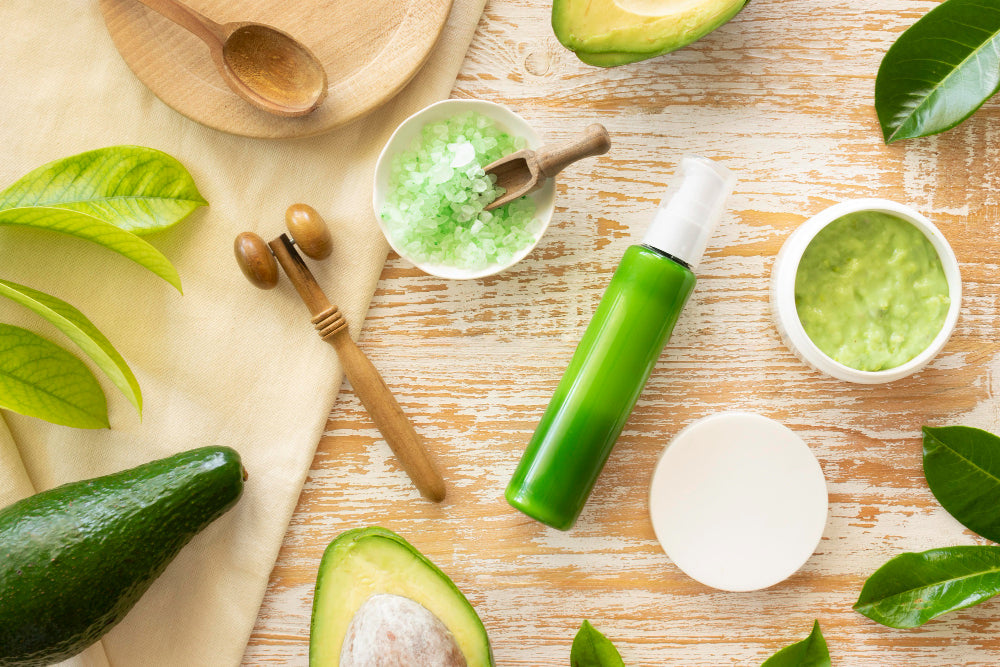Sensitive skin demands extra care. Redness, itching, dryness, or sudden flare-ups can turn daily routines into a minefield. Many conventional products promise relief but often contain hidden irritants that worsen symptoms. Organic skincare offers a gentler, more reliable path—rooted in clean, plant-based ingredients that soothe instead of stress the skin.
This guide explores why organic formulations are ideal for sensitive skin, backed by science and real-world benefits. Whether you’re managing eczema, rosacea, or general reactivity, making the switch can restore comfort and confidence.
What Makes Skin Sensitive?
Sensitive skin reacts quickly to triggers most people tolerate. Common signs include:
- Tightness after cleansing
- Stinging from certain products
- Red patches or flushing
- Itchy, flaky areas
A weakened skin barrier is often the culprit. When this protective layer thins, irritants penetrate more easily, sparking inflammation. Harsh chemicals, synthetic fragrances, and drying alcohols in traditional skincare can strip natural oils, making the problem worse.
Organic products work differently. They’re formulated with ingredients grown without pesticides, GMOs, or synthetic fertilizers—reducing the risk of hidden toxins that trigger reactions.
Organic vs. Conventional: Key Differences
Not all “natural” labels are trustworthy. Here’s how organic stands apart:
| Aspect | Conventional | Organic |
|---|---|---|
| Ingredients | Often synthetic, lab-made | Plant-derived, minimally processed |
| Preservatives | Parabens, formaldehyde releasers | Natural alternatives (e.g., vitamin E) |
| Fragrance | Synthetic scents (top allergen) | Fragrance-free or naturally mild |
| Certification | Rarely verified | Third-party certified (USDA, ECOCERT) |
Synthetic additives provide shelf stability but can accumulate and disrupt skin balance. Organic standards limit these, prioritizing purity and compatibility with delicate skin.
Proven Benefits for Sensitive Skin
1. Lower Irritation Risk
Fragrance is the #1 cause of contact dermatitis. Organic, fragrance-free formulas eliminate this threat. Plant extracts like calendula calm inflammation naturally, helping rebuild the skin barrier without side effects.
2. Rich in Skin-Loving Nutrients
Organically grown plants retain higher antioxidant levels due to healthier soil. Ingredients like gotu kola and shea butter deliver vitamins A, C, and E—essential for repair and hydration. These nutrients fight free radicals that worsen sensitivity.
3. Gentle Yet Effective Cleansing
Hypochlorous acid (HOCl), a compound your body naturally produces to fight infection, purifies skin without harsh chemicals. Used in organic mists, it removes bacteria and debris while soothing redness—perfect for acne-prone or inflamed skin.
4. Supports Long-Term Barrier Strength
Studies show natural moisturizers reduce transepidermal water loss more effectively than petroleum-based ones. A stronger barrier means fewer flare-ups over time.
Ingredients to Avoid (and Safer Swaps)
Steer clear of these common irritants:
- Synthetic fragrances → Choose fragrance-free
- Parabens & phthalates → Look for clean preservatives
- Sulfates (SLS/SLES) → Use coconut-derived cleansers
- Alcohol denat → Opt for fatty alcohols like cetyl
- Chemical dyes → Embrace uncolored formulas
Better alternatives:
- Calendula: Anti-inflammatory, healing
- Gotu Kola: Collagen-boosting, scar-fading
- Tamanu oil: Regenerates damaged tissue
- Nano silver: Natural antimicrobial
- Murumuru butter: Deeply hydrating, non-comedogenic
How to Transition Smoothly
- Patch test every new product for 48 hours.
- Simplify your routine—cleanse, moisturize, protect.
- Introduce one product at a time to monitor reactions.
- Use lukewarm water—hot water strips moisture.
- Moisturize within 3 minutes of cleansing to lock in hydration.
Improvement may take 2–6 weeks as your skin adjusts.
Who Benefits Most?
- Eczema or psoriasis sufferers
- Pregnant or breastfeeding individuals
- Babies and children
- Post-treatment skin (lasers, peels)
- Anyone seeking preventive, clean care
The Bigger Picture: Sustainability Meets Skin Health
Organic farming preserves soil health, reduces chemical runoff, and supports biodiversity. Choosing certified organic products minimizes your exposure to environmental toxins that indirectly affect skin—think microplastics and pollutants.
Final Thoughts
Organic skincare isn’t a luxury—it’s a necessity for sensitive skin. By removing synthetic irritants and harnessing nature’s most soothing ingredients, you give your skin the chance to heal, strengthen, and glow.
Start with gentle, certified-organic staples: a calming cleanser, a nutrient-rich moisturizer, and a protective serum. Your skin—and peace of mind—will thank you.
Follow us on Instagram @activeearthorganics for sensitive-skin tips and clean beauty updates.
